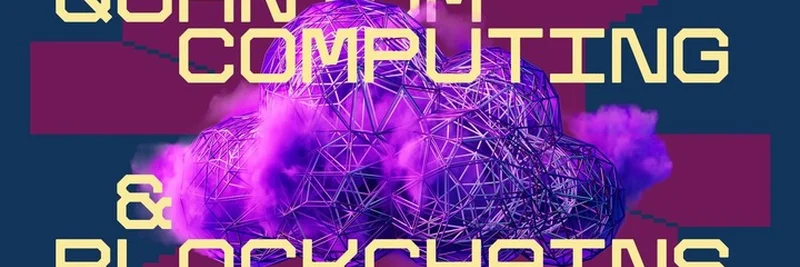Virtuals Protocol, a prominent player in the crypto space, recently introduced a new feature to its VVAP (veVIRTUAL Voted Agent Points) system: the ability to vote "against" agents. While this update aims to enhance community engagement and feedback, it has sparked a heated debate among users and analysts. Let's break down the concerns raised by 0xCB and explore the potential implications.
The Controversy Unveiled
The core issue lies in the lack of DAO governance involvement in this update. Unlike typical decentralized protocols, this change was implemented without a community vote or discussion. This raises questions about the protocol's commitment to true decentralization and community-driven decision-making.
Key Points of Contention
- Zero DAO Governance: The update was pushed live without any formal proposal or vote, deviating from the principles of decentralized autonomous organizations (DAOs).
- Potential for Drama: The "Vote Against" feature could lead to increased conflict within the community, as users might use it to sabotage rivals or settle personal vendettas.
- Impact on Small Agents: New and smaller agents may struggle to gain traction if larger, established agents downvote them, stifling innovation and diversity.
- FUD Engine: The public display of "vote against" counts could trigger fear, uncertainty, and doubt (FUD), leading to panic withdrawals and eroded confidence.
- Builder Burnout: Project developers might find themselves managing community drama instead of focusing on product development, turning Web3 into a PR battleground.
Understanding the Mechanics
To grasp the full impact, let's consider how the VVAP system works. VeVIRTUAL holders can now cast votes either "for" or "against" agents, influencing the distribution of 10% of the total daily point supply. The net support (total "for" minus total "against") determines an agent's share of these points.
For example, if an agent receives 100 veVIRTUAL worth of "for" votes and 60 veVIRTUAL worth of "against" votes, its net support is 40 veVIRTUAL. This net support then calculates the agent's VVAP share. While this mechanic aims to reflect community sentiment, it also opens the door to manipulation by whales or coordinated groups.
The SEO Perspective
For those in the SEO and content creation space, this update is a prime example of how community dynamics can influence project perception. Keywords like "Virtuals Protocol," "VVAP," and "DAO governance" are already trending, and understanding these shifts can help tailor content strategies. For instance, articles focusing on "crypto community feedback" or "market manipulation in Web3" could capture interested audiences.
What This Means for the Future
The introduction of the "Vote Against" feature is a double-edged sword. On one hand, it provides a mechanism for expressing dissent and shaping the protocol's direction. On the other, it risks turning the platform into a battleground of competing interests, potentially deterring new entrants and innovation.
As the crypto community continues to evolve, protocols like Virtuals must balance transparency, governance, and user experience. The current situation serves as a reminder that even well-intentioned updates can have unintended consequences.
Conclusion
The "Vote Against" feature on Virtuals Protocol is a controversial addition that highlights the challenges of governance in decentralized systems. While it aims to empower users, it also introduces risks of manipulation and community discord. As we move forward, the crypto space will undoubtedly watch closely to see how Virtuals navigates these waters.
For more insights into meme tokens and blockchain technology, stay tuned to Meme Insider. We're here to help you decode the latest trends and enhance your understanding of this dynamic industry.


